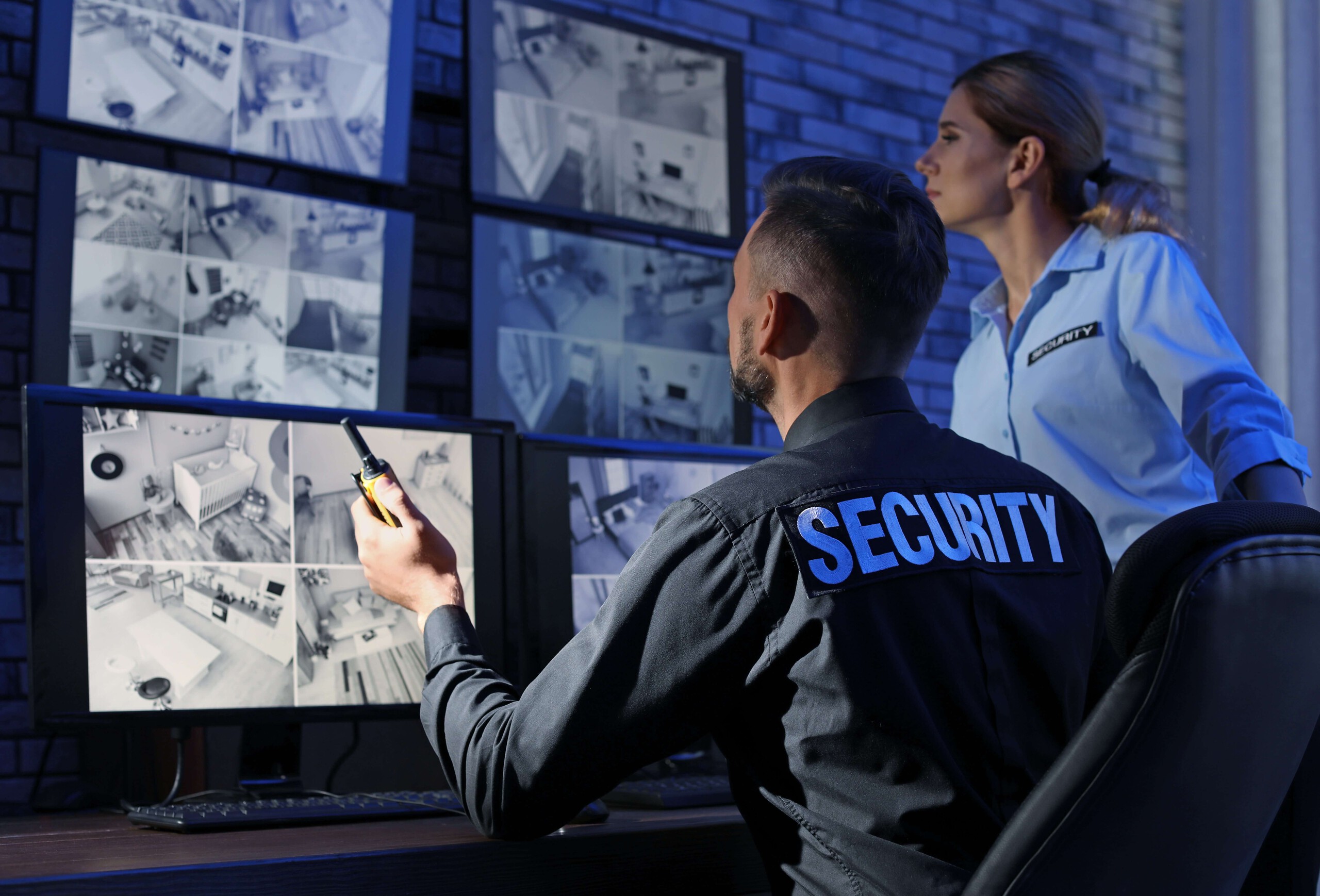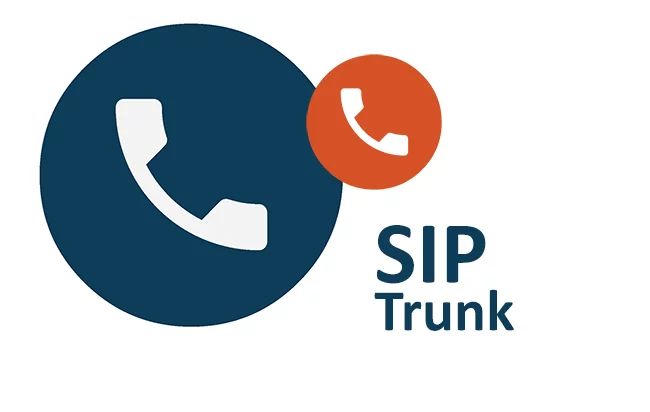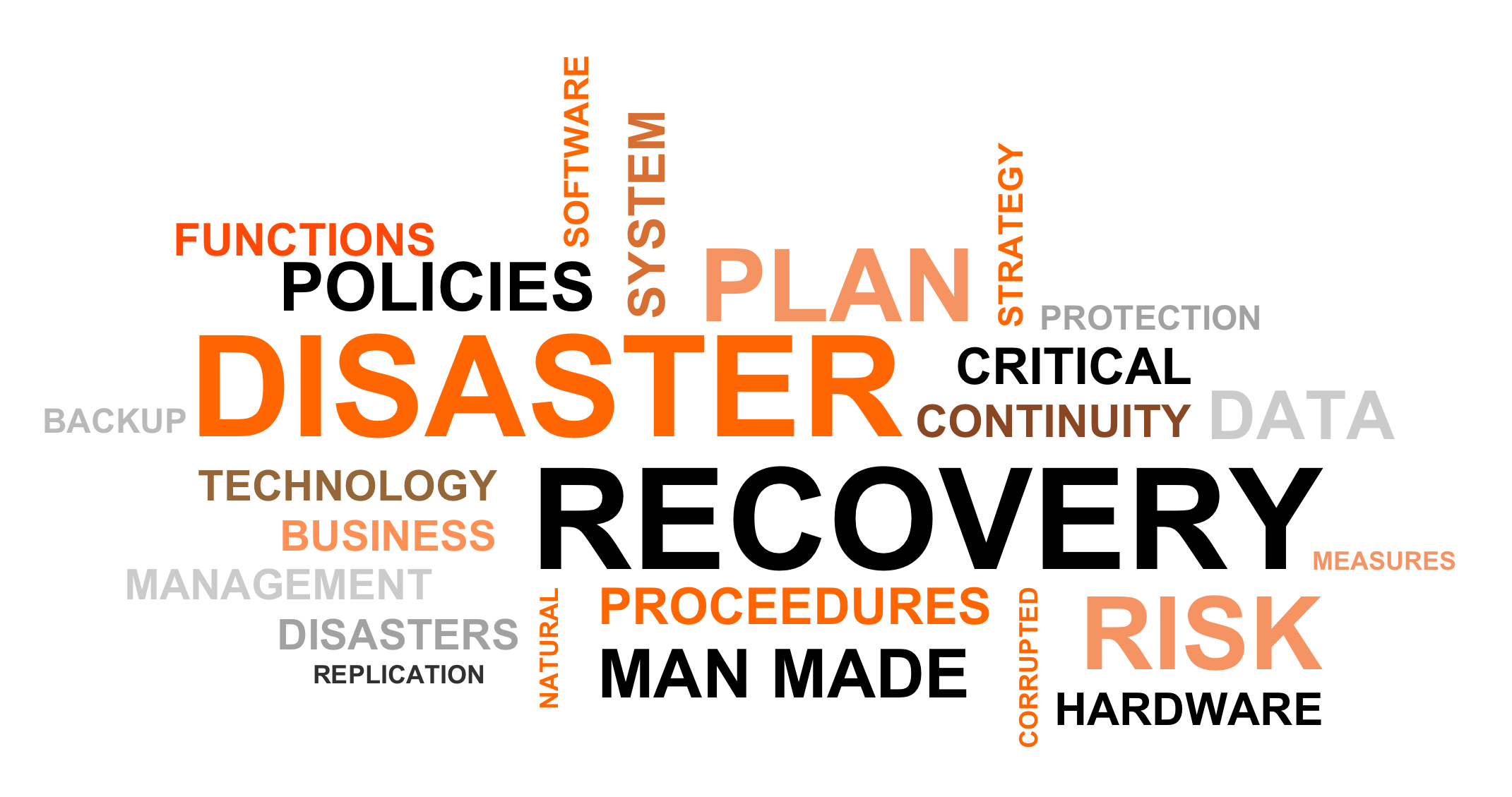
Why Every Business Needs a Reliable Security Guard System
In today’s increasingly complex and uncertain world, the safety and security of a business’s assets, employees, and customers are paramount. A robust security guard management system plays a pivotal role in ensuring that businesses can effectively manage their security operations, respond to incidents promptly, and maintain a safe environment. This article explores the essential reasons every business needs a reliable security guard system.
Understanding Security Guard Management Systems
A security guard management system is a comprehensive software solution designed to streamline security operations. It encompasses various functionalities, such as scheduling, reporting, communication, and incident management. By leveraging technology, businesses can enhance the efficiency and effectiveness of their security personnel, ensuring that all security measures are in place and functioning optimally.
The Importance of Security in Business
- Protecting Assets: Businesses invest significant resources in their physical and intellectual assets. A robust security system helps prevent theft, vandalism, and other criminal activities that could lead to substantial financial losses.
- Ensuring Employee Safety: A secure work environment is crucial for employee morale and productivity. When employees feel safe, they are more likely to perform at their best, contributing to the overall success of the business.
- Enhancing Customer Trust: Customers are more likely to frequent businesses that prioritize safety. By implementing a reliable security guard system, businesses can foster trust and confidence among their clientele.
- Compliance with Regulations: Many industries are subject to strict regulations regarding safety and security. A comprehensive security guard management system can help businesses ensure compliance with these requirements, reducing the risk of legal issues.
Key Features of a Reliable Security Guard Management System
When considering a security guard management system, businesses should look for several essential features:
1. Scheduling and Shift Management
An effective security guard management system should have robust scheduling capabilities. This feature allows managers to create and manage shifts easily, ensuring adequate coverage and minimizing scheduling conflicts.
- Benefits: Automated scheduling helps prevent overstaffing or understaffing, leading to optimal resource allocation and enhanced operational efficiency.
2. Real-Time Reporting
Real-time reporting capabilities are crucial for effective incident management. Security personnel should be able to log incidents, accidents, and other significant events directly into the system.
- Benefits: Immediate reporting ensures incidents are documented accurately, allowing for timely responses and follow-up actions.
3. Mobile Access
With security personnel often on the move, mobile access to the management system is essential. Guards should be able to receive updates, log incidents, and communicate with their team from mobile devices.
- Benefits: Mobile functionality enhances flexibility and responsiveness, enabling guards to act quickly in emergencies.
4. GPS Tracking and Geofencing
Integrating GPS tracking and geofencing capabilities allows organizations to monitor the location of security personnel in real time. This ensures that guards are on-site and adhering to their assigned locations.
- Benefits: GPS tracking provides accountability and enables managers to verify that personnel are fulfilling their duties.
5. Communication Tools
An effective security guard management system should include built-in communication tools, such as messaging, alerts, and notifications. This feature allows for seamless communication between guards and management.
- Benefits: Improved communication enhances coordination and ensures that important information is shared promptly.
6. Performance Monitoring and Analytics
Monitoring guard performance is vital for maintaining high service standards. A robust security guard management system should provide analytics and reporting tools to track key performance indicators (KPIs) such as response times and incident reports.
- Benefits: Data-driven insights help identify areas for improvement and enable management to provide targeted training and support.
7. Training and Certification Management
Managing the training and certification of security personnel is crucial for compliance with industry standards. A security guard management system should include tools for tracking training progress and certification renewals.
- Benefits: This feature helps organizations maintain a well-trained workforce, reducing liability risks and improving service quality.
The Benefits of Implementing a Security Guard Management System
- Enhanced Operational Efficiency: By automating routine tasks and providing real-time insights, a security guard management system helps organizations operate more efficiently, freeing up resources for more strategic initiatives.
- Improved Incident Response: With real-time reporting and communication tools, security personnel can respond to incidents more effectively, minimizing potential risks and damages.
- Increased Accountability: Tracking guard activities and performance enhances accountability, ensuring that personnel adhere to their responsibilities and standards.
- Data-Driven Decision Making: Analytics and reporting features provide valuable insights into security operations, enabling organizations to make informed decisions based on data.
- Cost Savings: By improving efficiency and reducing incidents, a reliable security guard management system can lead to significant cost savings over time.
Best Practices for Implementing a Security Guard Management System
To maximize the benefits of a security guard management system, businesses should consider the following best practices:
1. Assess Your Needs
Evaluate your organization’s specific security needs and challenges. Identify the processes you want to automate and the features that are most important for your operations.
2. Involve Stakeholders
Engage key stakeholders from various departments in the decision-making process. Their insights can help identify potential challenges and ensure that the chosen system meets diverse needs.
3. Provide Comprehensive Training
Ensure that employees receive proper training on the new security guard management system. This will help them adapt quickly and maximize the benefits of the system.
4. Monitor Performance
After implementation, continuously monitor the performance of the security guard management system. Gather feedback from users and make adjustments as necessary to optimize efficiency.
5. Stay Informed
Keep abreast of the latest trends and technologies in security management. As new tools and features become available, consider how they can further enhance your operations.
Conclusion
In an age where security threats are ever-present, having a reliable security guard management system is essential for every business. By investing in such a system, organizations can enhance their operational efficiency, improve incident response, and foster a safer environment for employees and customers alike. As security needs continue to evolve, embracing advanced management tools will ensure that businesses remain proactive and prepared to face any challenges that may arise.





